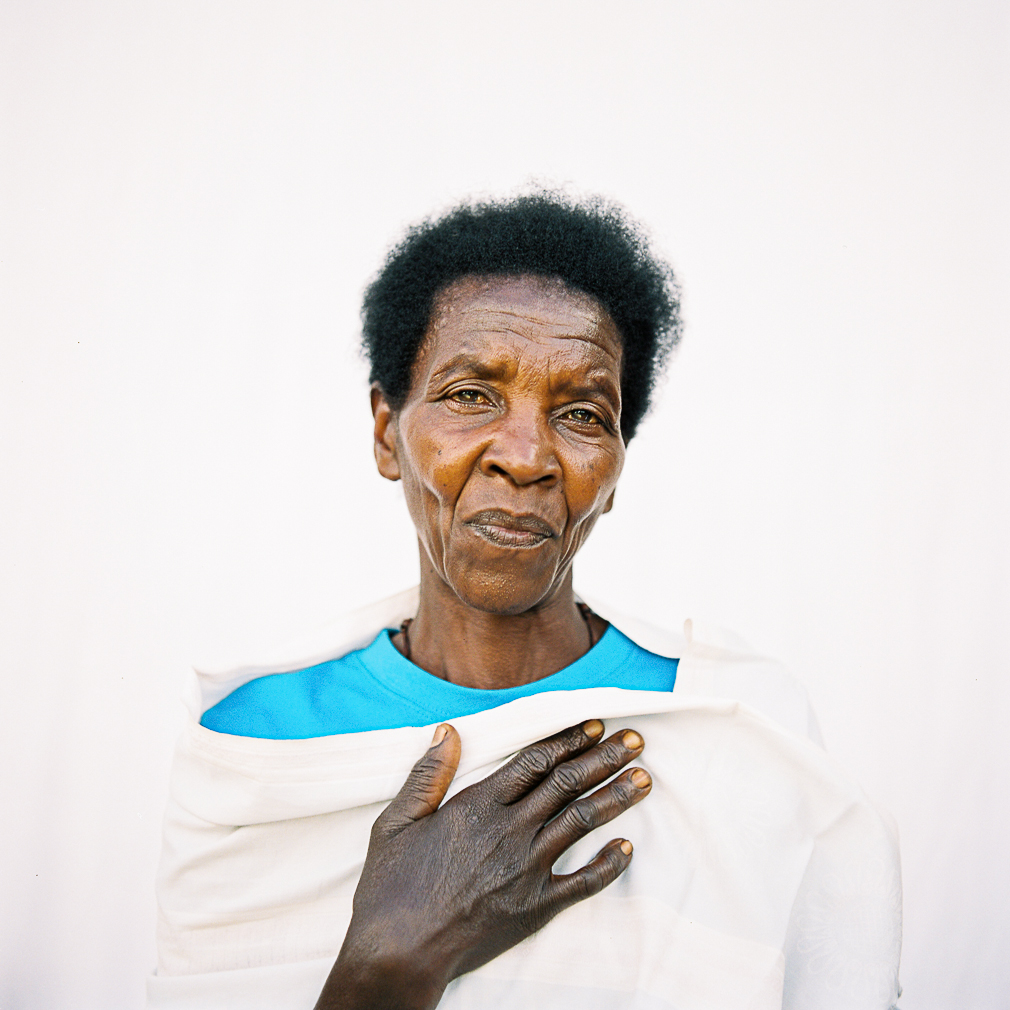
“You should never expect something from someone, but we can grow together. Every time I see my friends, we have the same greeting, “Mugenzi, ntuzerinze.”
My friend, don’t expect something.”
Concilie took on the moniker Mama Claude after the birth of her eldest son, Claude. In Burundi (as in many African countries), it’s tradition that a mother takes on the name of her firstborn child. Her wonderful sense of humor, poise, and humility seem to know no bounds.
Mama Claude’s modest brick home, with its teal-blue door and walkway lined with banana trees, is built close to the dirt road that runs through Gahaga hill in Burundi. She lives here with a brood of children and grandchildren- not all hers. If you ever pass by her house, it’s rare to find her there. She’s most likely out working in a field somewhere, whether it’s her own plot of land or helping a friend. As an active member of a Women’s Village Savings and Loan Association, and the Red Cross Association, she’s always busy with something.
Most mornings, she’s up before the sun, cooking breakfast for her family and small team of laborers before heading out the door for the day, a thermos of hot tea in hand.
Mama Claude started farming in 1970, when she was just sixteen years old. She doesn’t just farm coffee; she’s also a tea farmer, and grows an assortment of subsistence crops to sell and feed her family. To her, growing coffee is the means to nourishing her family. Over the years, she’s divided up 600 coffee trees between her eleven grown children, leaving her now with just sixty to look after.
“When I was younger, I was stronger and could farm more quickly.”
At age sixty-six, she now finds it more difficult to farm. The changing climate has brought about significant challenges to coffee farmers in Burundi: prolonged drought, delayed rains and at times not enough rain. The soil, she says, is not as fertile as it used to be and erosion occurs more frequently. Before, people in her community used to plant without using fertilizer and could expect high yields. Now, it’s difficult to grow crops without animals or fertilizer because the soil has become too acidic.
“It’s sad to see someone farming who doesn’t get production. We have to work together to improve our production, our well-being and the well-being of those who buy our crops.”
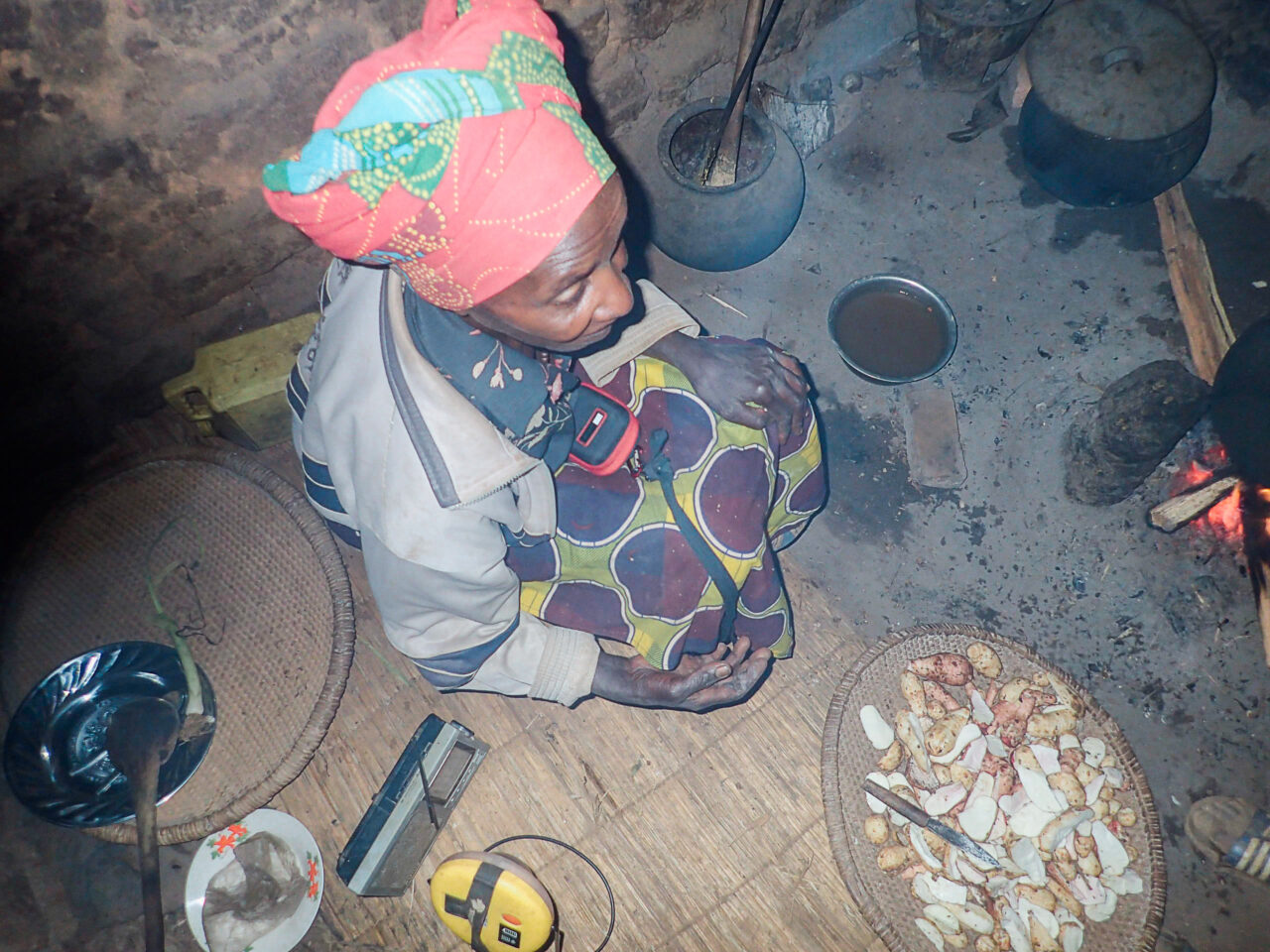
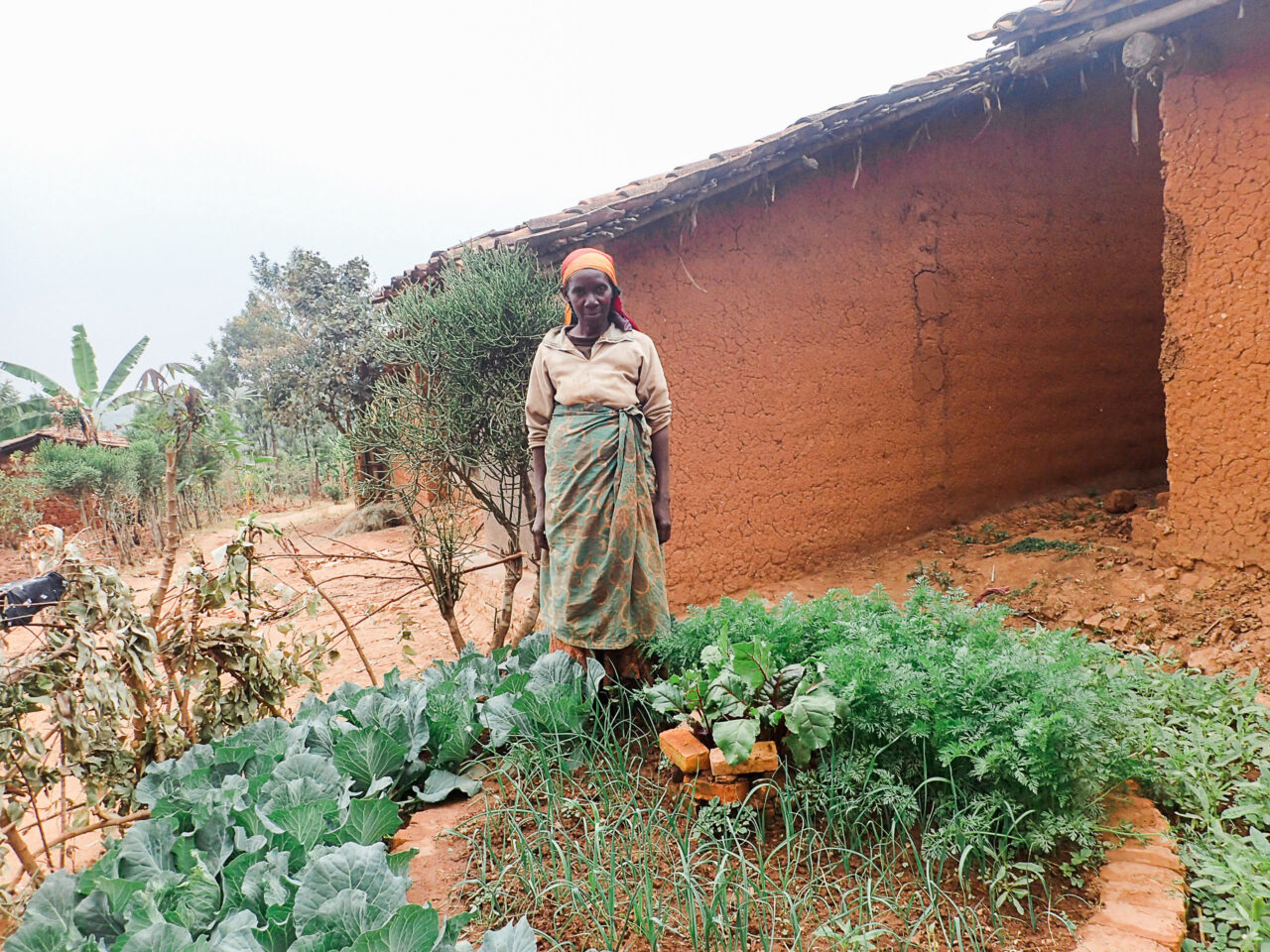
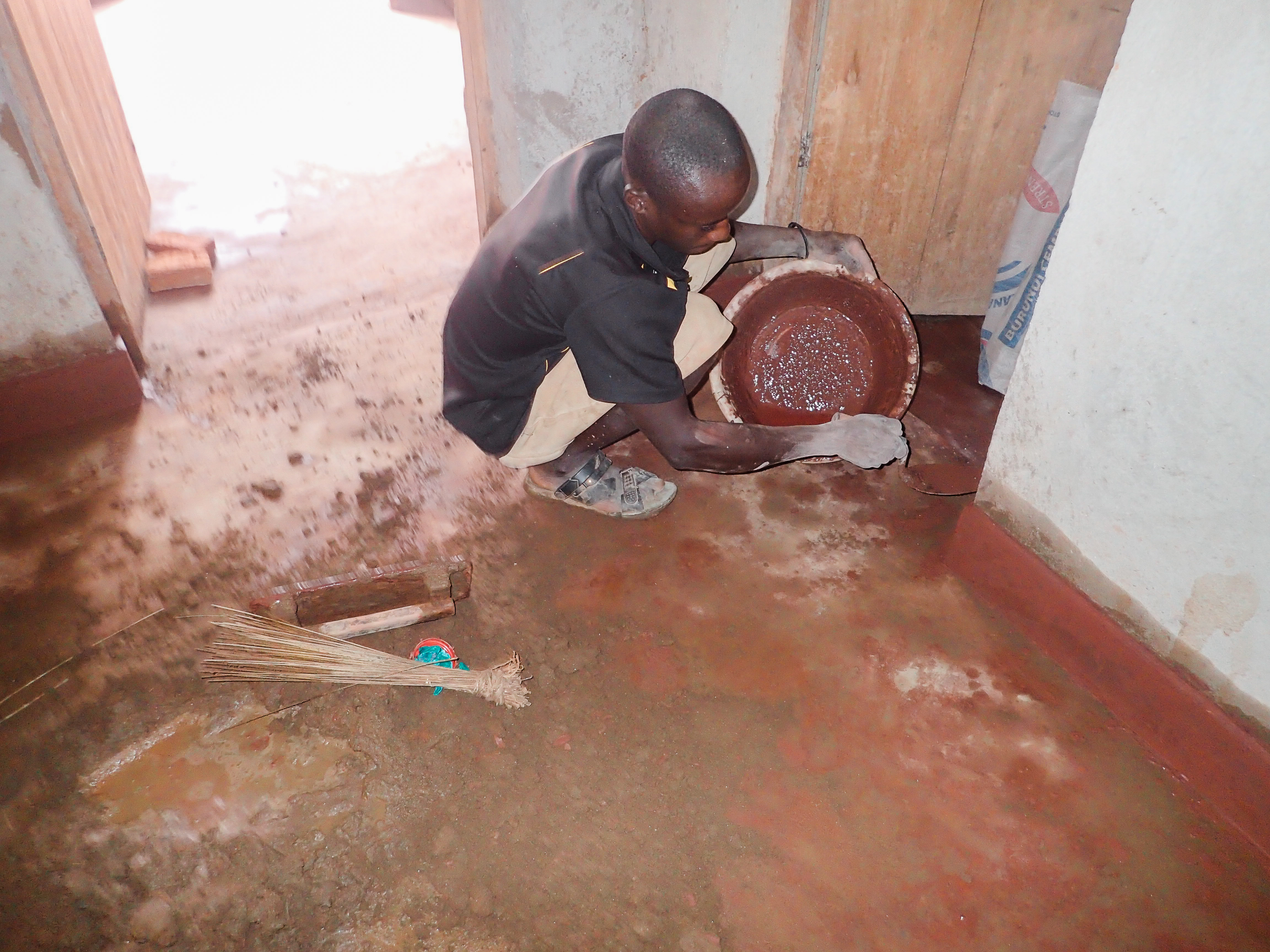
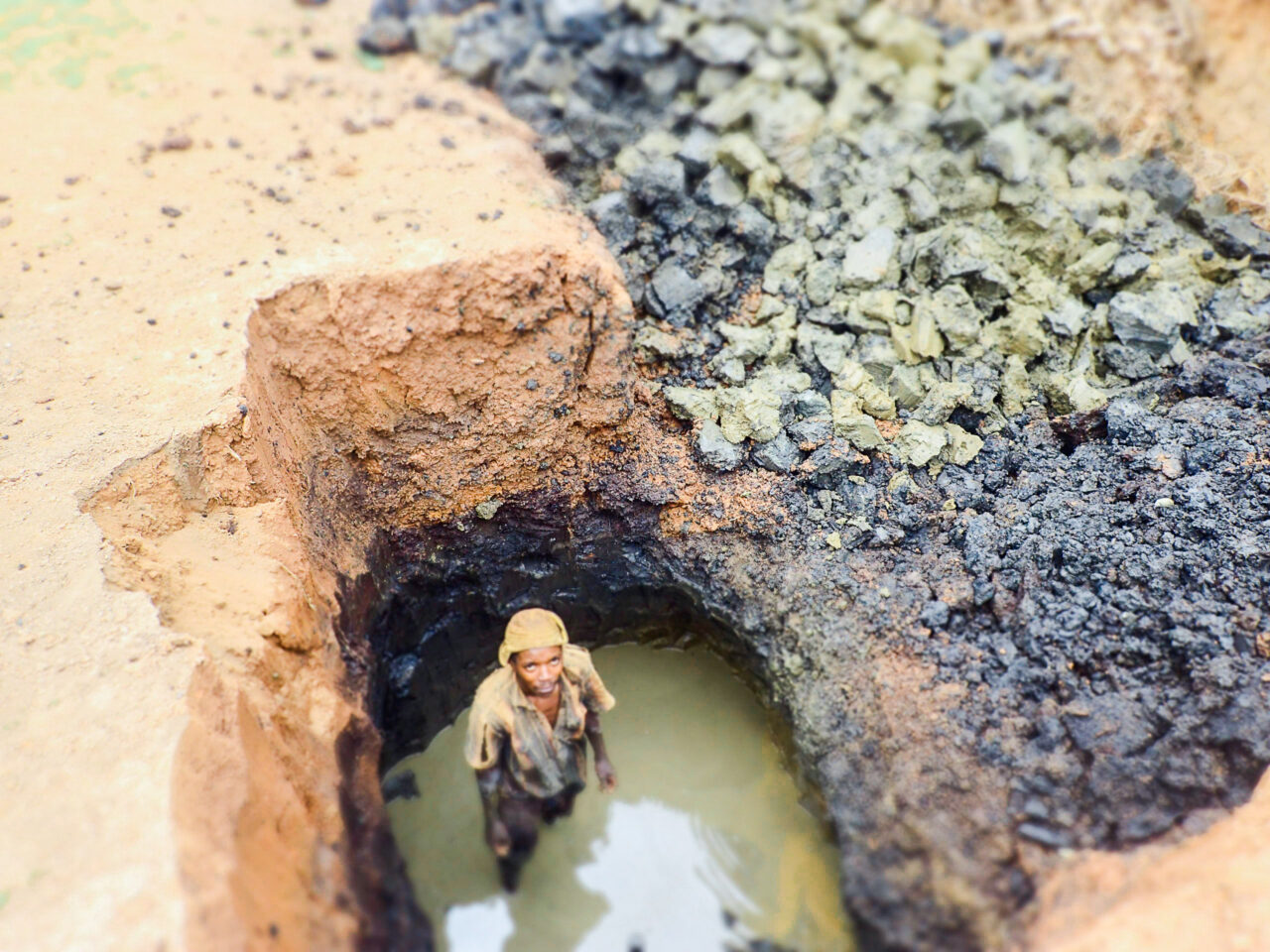
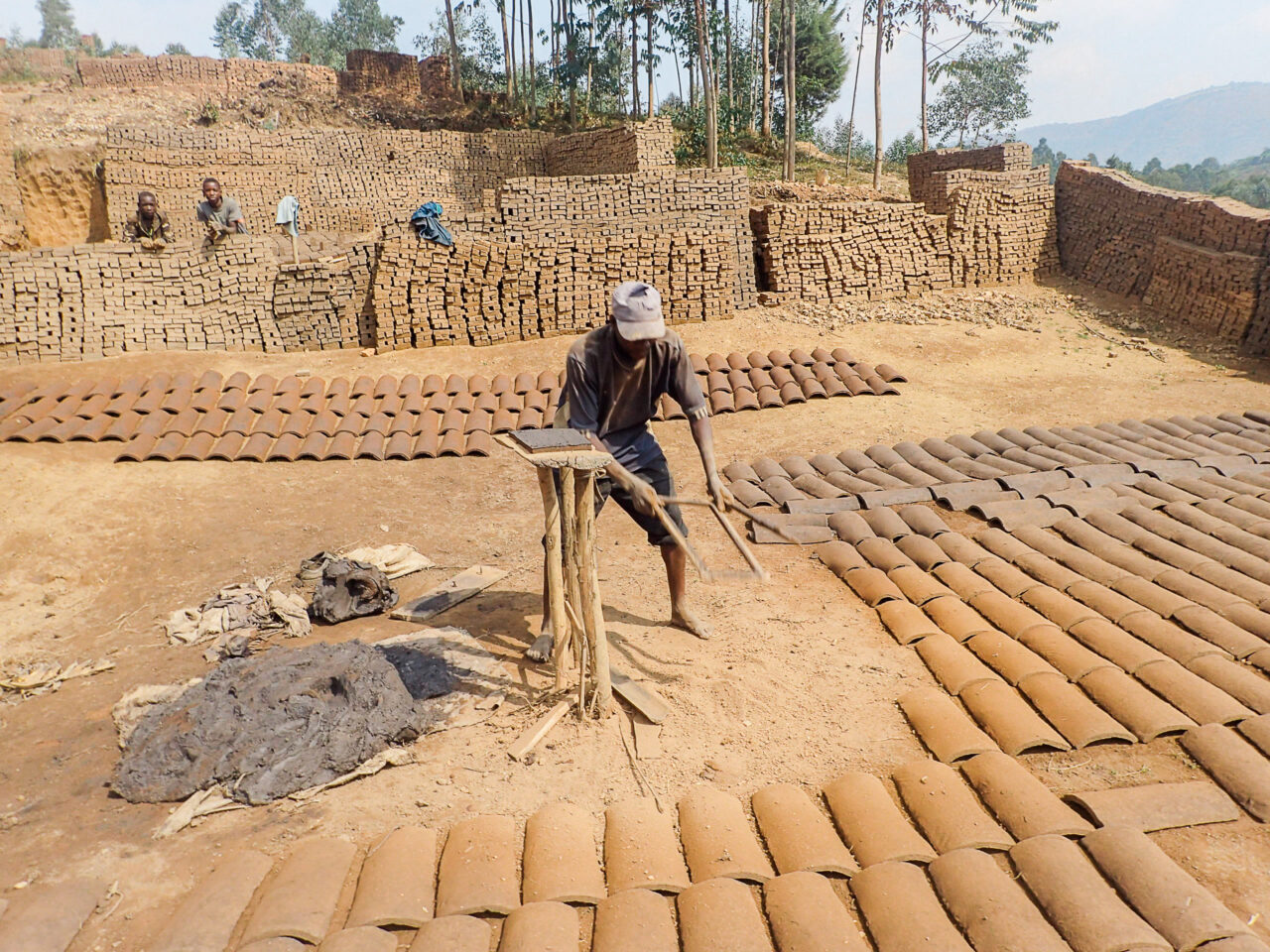
Footnotes
1. Taro is a white-fleshed root vegetable that has a mildly sweet taste and a texture like potato. It is widely grown and eaten in Burundi.
“Before + Now” is dedicated to bringing the voices of marginalized coffee farmers into the field of vision of everyday coffee consumers. It includes a series of photographs made by coffee farmers in Burundi, East Africa as well as a large-format portrait of each farmer. This series makes it possible not only to see life in East Africa and the coffee process; but also to connect clearly with the dreams, fears, and hopes of coffee farmers. Read more about “Before + Now” here.

